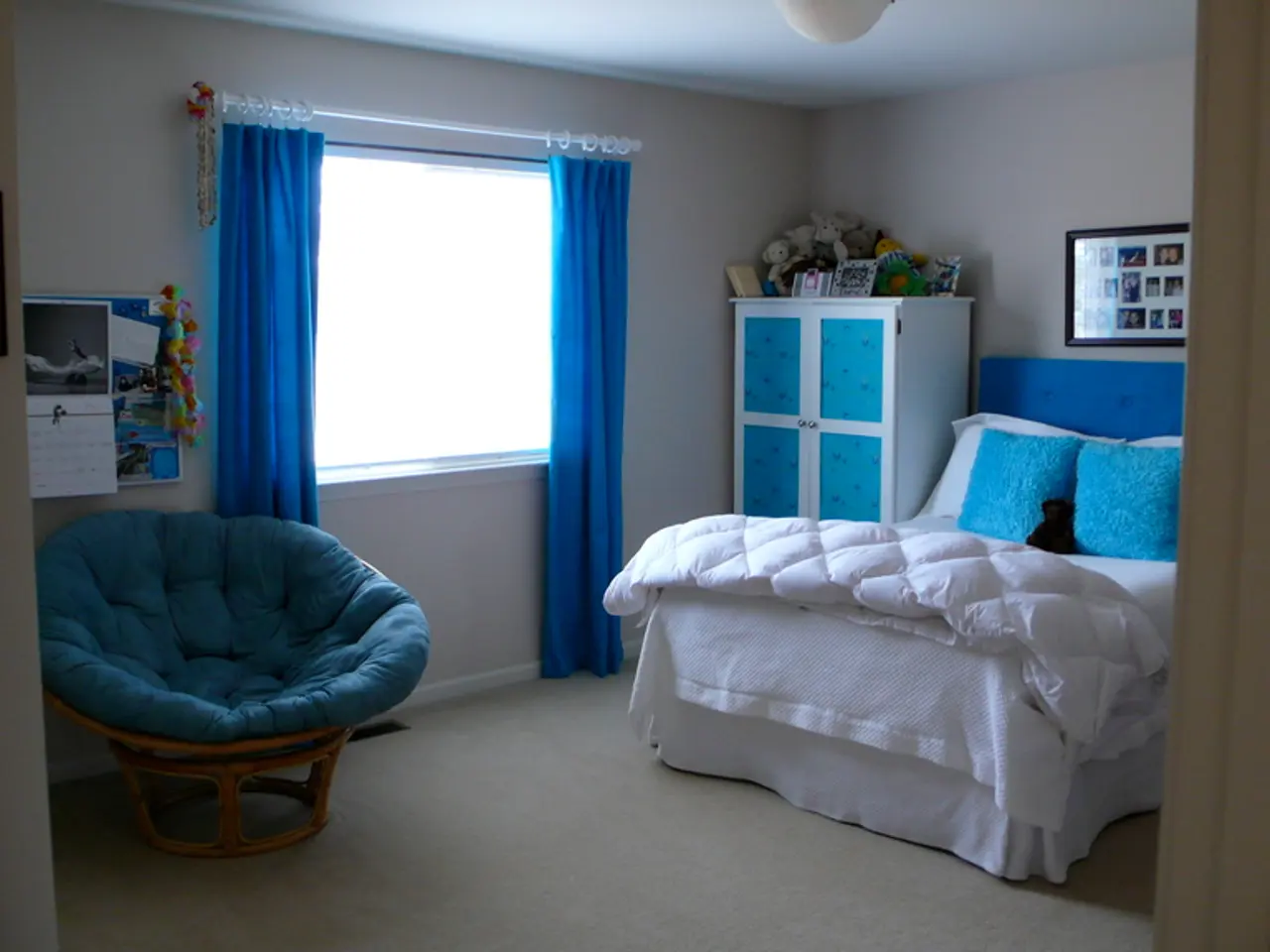Germany's Welfare System Strained by High Refugee Benefits
In 2024, a significant number of households in Germany are receiving substantial social security benefits, with 1,311 households receiving more than €8,000 per month. This figure highlights a concerning trend in the country's social security system.
A closer examination reveals that many of these high social security benefit claims are linked to households with a refugee background. Expensive shared accommodations often contribute to these unusually high sums. These payments cover various aspects under Book II of the Social Code, including standard benefit rates, housing costs, and social insurance contributions.
AfD lawmaker Birgit Bessin has criticized the situation, describing it as a 'first-class social policy scandal'. She calculated that these 1,245 foreign-led benefit units, which account for roughly 95 percent of the total, cost the government over €119 million annually. Bessin accused the former 'traffic light' coalition of allowing extreme abuse of the social security system and criticized the current government for not changing the trend. However, the government does not have data on other social security types, such as housing allowances or asylum-seeker benefits.
The high number of foreign-led households receiving substantial social security benefits in Germany has raised concerns about potential abuse of the system. While the government acknowledges the issue, it lacks comprehensive data on other social security types. Lawmakers like Birgit Bessin have criticized the situation, but the government has yet to implement significant changes to address the trend.
Read also:
- American teenagers taking up farming roles previously filled by immigrants, a concept revisited from 1965's labor market shift.
- Weekly affairs in the German Federal Parliament (Bundestag)
- Landslide claims seven lives, injures six individuals while they work to restore a water channel in the northern region of Pakistan
- Escalating conflict in Sudan has prompted the United Nations to announce a critical gender crisis, highlighting the disproportionate impact of the ongoing violence on women and girls.







